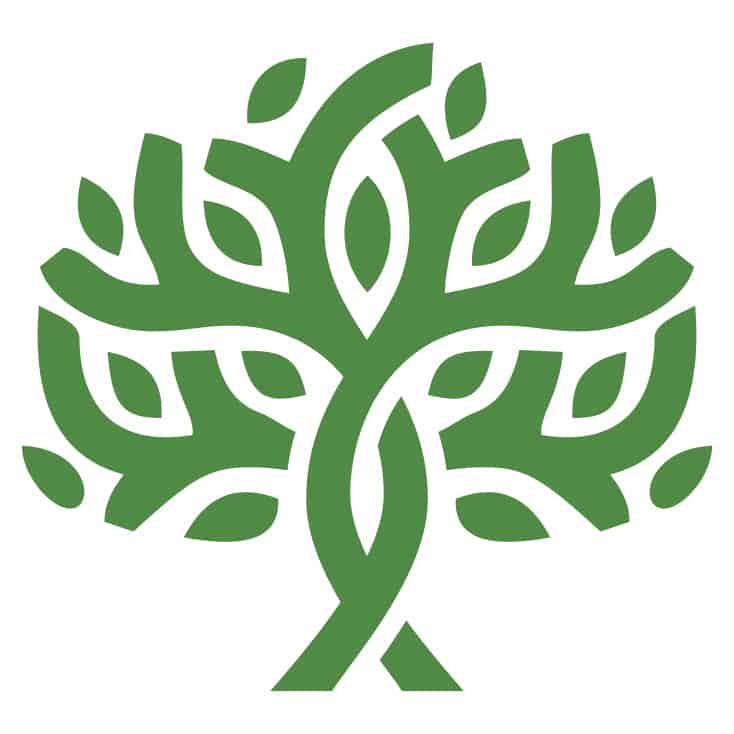Mission Critical: Keeping Forestry And Wood Products Off The Endangered Industry List
Encyclopedia salespeople, switchboard operators, and lamplighters. What do they all have in common? They have all become endangered, diminished, or extinct because times change, attitudes change, and what they offer is no longer in demand.
Keeping the wood and forest products industry off this list is on the minds of the NAFF board of directors. In conversation, several board members shared their thoughts on the industry’s future and NAFF’s contribution to the critical mission of creating a healthier future for the next generation, our industry, and the planet.
Hard Truth for Hardwoods
It’s clear that consumer demand for hardwood products has been in a sharp decline since 2004 notes Neil Owens, American Forest Management. As an industry, we cannot afford to let that decline continue. It’s the demand for wood products that covers the cost of sustainably managing healthy forests, not to mention supporting thousands of industry jobs. The hardwood industry has lost two generations of consumers and it’s time to plant the seeds with kids—teaching them the benefits of using wood. “We’re doomed if we don’t communicate it,” says Clay Miller of Aurora Timberland.
Correcting the Narrative
“There is still a misconception that cutting a tree is bad,” says Brian Conklin of Gutchess Lumber. “Not cutting trees is like saying it’s bad to pull weeds,” he adds. The public often hears and accepts misinformation and partial truths about forestry. Certainly, indiscriminate clearcutting, in the rainforest or other regions, is not, and has never been our message. That’s not sustainable, scientific management. But that’s the message the public reacts to when they latch on to the message that “using wood is bad.”
Accurate information, paired with education and understanding, is the antidote. People need to understand the whole story, even when it seems counterintuitive.
Wise, sustainable scientific forest management PROTECTS forests and requires the thoughtful and deliberate harvesting of trees that in turn, can be made into useful products that simultaneously sequester carbon.
Building Demand
Spurring a healthy demand for wood furniture, cabinetry, millwork, flooring, and the like is what ultimately helps the planet and forests to thrive. “We’re facing a generational problem,” says Owens. And we need to change the attitude of consumers.

Ellery Jones, of (MLMA) Mississippi Lumber Manufacturers Association, notes that boosting demand
also involves pursuing innovative uses for hardwood resources. That means working with researchers at colleges and universities as they create new products and new potential consumer markets.
Cultivating Curiosity
Adults have their minds made up, but we need to plant the seed in younger generations that sparks their curiosity. “We need to help them connect the dots,” says Konstantin Posherstnik of Forest Products Distributors.
“Cultivating curiosity and understanding in young people is key, opening their minds and exposing them to new ideas. One kid, one classroom, one community at a time.”
Mission Critical Responsibility
Educating kids is a core part of NAFF’s mission. Teachers are responding and we have a large backlog of orders for Truth About Trees Kits that we’re struggling to fill because we lack sufficient funds to cover printing and production costs. Owens adds, “Every day we wait is a day lost. Today’s the day to move one step ahead in changing people’s behavior for the future.”

“It’s about educating future employees, as well as future consumers for our industry,” says Jesper Bach of Baillie Lumber. “No one else is going to do that, we have a vested interest in really supporting this idea. We are investing in our future employees and our future consumers.”
Every donation helps. The backing of 500 or 1000 micro donors, companies or individuals, giving even $5-20/month, can make a really big difference to help us print the kits we need to support the demand we have from teachers says Bach. For any organization that promotes sustainability and using renewable resources it should be “a no-brainer to support a non-profit like NAFF, that’s educating the next generation with key essentials to have healthy reverence for the forests,” says Nate Irby, Ph.D. of Railway Tie Association.

We’re grateful for the efforts of NAFF’s board of directors. These busy industry professionals are fully committed to keeping Forestry and Wood Products off the endangered industry list.
Their service represents personal sacrifice of time and effort, as well as the commitment of resources on the part of their employers.
We Need Your Help
Visit our website to help us get Truth About Trees kits in the hands of elementary school teachers or contribute to the development and next steps for our junior high app. Feel free to shoot me an email at adeford@northamericanforestfoundation.org or give me a call.
Learn more about our board members here https://northamericanforestfoundation.org/board-of-directors.






